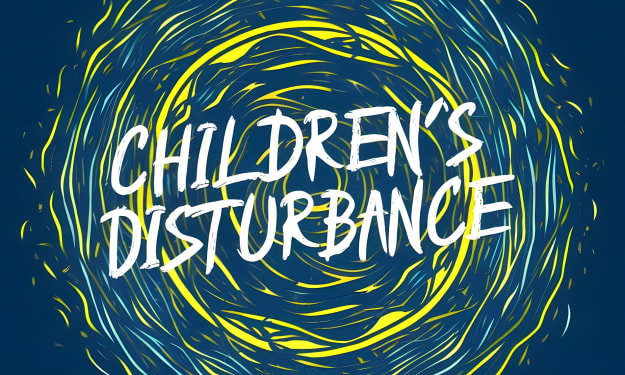The Impact of Co-parenting on Children: Navigating Family Dynamics
My weekend or yours?

Title: The Impact of Co-parenting on Children: Navigating Family Dynamics
Co-parenting, defined as the shared responsibility of raising children by divorced or separated parents, plays a crucial role in shaping children's emotional, social, and psychological development. How parents interact, communicate, and collaborate in raising their children significantly influences the well-being and resilience of their offspring. Understanding the dynamics of co-parenting and its effects on children is essential for fostering healthy family relationships and supporting children through the challenges of parental separation. The type of coparenting relationship will affect how the child views the world.
1. Stability and Emotional Security
Effective co-parenting provides children with stability and emotional security, mitigating the disruption caused by parental separation or divorce. When parents maintain consistent routines, rules, and expectations across households, children experience a sense of predictability and safety. This stability fosters emotional resilience and helps children adjust to changes in family structure without compromising their sense of security or well-being.
2. Positive Role Modeling and Conflict Resolution
Co-parenting offers an opportunity for parents to model positive behaviors and demonstrate effective conflict resolution skills. When parents communicate respectfully, collaborate on parenting decisions, and resolve disputes amicably, children learn valuable lessons in negotiation, compromise, and empathy. Witnessing healthy conflict resolution can reduce children's anxiety and stress levels, promoting a sense of emotional security and trust in familial relationships.
3. Consistent Parental Involvement and Support
Children benefit from consistent parental involvement and support in co-parenting arrangements. When both parents actively participate in their children's lives, attend school events, celebrate milestones, and provide emotional support, children feel valued and loved. This involvement reinforces their sense of identity and belonging within the family unit, strengthening their self-esteem and overall well-being.
4. Reduced Risk of Behavioral and Emotional Problems
Research indicates that children in well-functioning co-parenting arrangements are less likely to experience behavioral and emotional problems compared to those in high-conflict or disengaged parenting situations. Positive co-parenting relationships contribute to lower levels of stress, anxiety, and depression in children, promoting healthier emotional development and social adaptation. Conversely, exposure to parental conflict or inconsistent parenting practices can increase children's vulnerability to psychological difficulties and behavioral challenges.
5. Enhanced Communication Skills and Adaptability
Co-parenting encourages children to develop strong communication skills and adaptability as they navigate between different parental households. Children learn to articulate their needs, express their emotions, and adapt to varying rules and expectations in each parent's home. This adaptability fosters resilience and enhances their ability to cope with changes and transitions in their family dynamics, preparing them for future interpersonal relationships and challenges.
6. Challenges and Potential Pitfalls
Despite its benefits, co-parenting also presents challenges that can impact children's well-being. Inconsistent parenting styles, conflicting rules, and communication breakdowns between parents may create confusion and stress for children. High-conflict co-parenting environments can lead to loyalty conflicts, feelings of guilt, and emotional turmoil as children navigate divided loyalties between parents. It is crucial for parents to prioritize their children's needs, maintain open lines of communication, and seek support from co-parenting resources or professionals when necessary.
In conclusion, co-parenting significantly influences children's emotional, social, and psychological development following parental separation or divorce. Effective co-parenting practices, characterized by stability, consistent parental involvement, positive role modeling, and healthy conflict resolution, foster children's resilience and emotional well-being. By prioritizing their children's needs, maintaining respectful communication, and collaborating on parenting decisions, parents can create a supportive and nurturing environment that promotes children's healthy development and adjustment to changes in family dynamics. Ultimately, fostering a positive co-parenting relationship contributes to children's long-term happiness, success, and overall well-being as they navigate their journey through childhood and adolescence.
About the Creator
Enjoyed the story? Support the Creator.
Subscribe for free to receive all their stories in your feed. You could also pledge your support or give them a one-off tip, letting them know you appreciate their work.





Comments
There are no comments for this story
Be the first to respond and start the conversation.